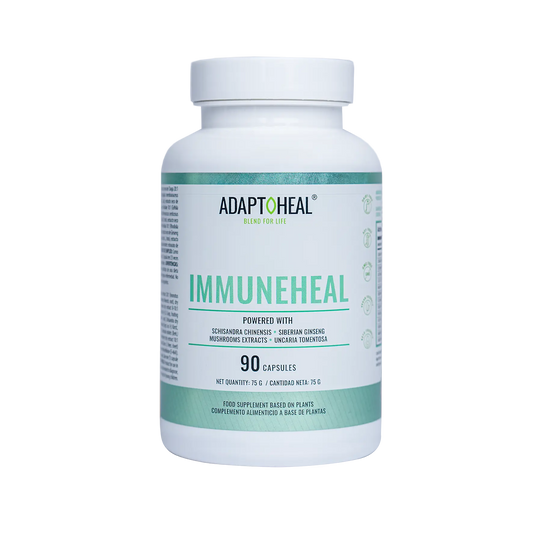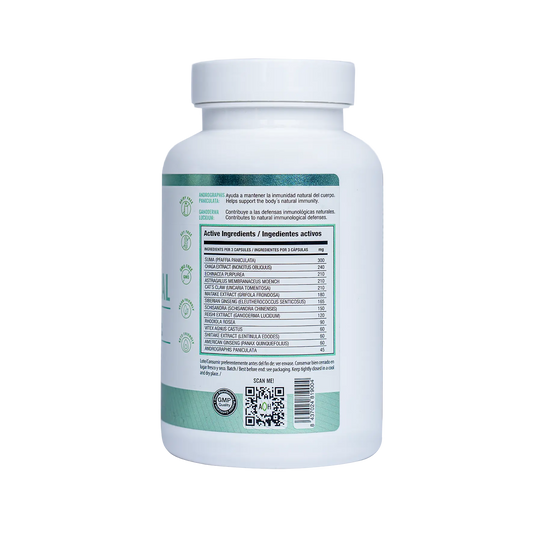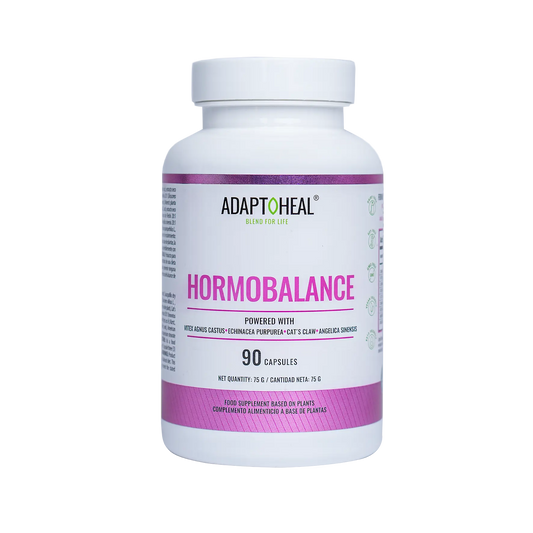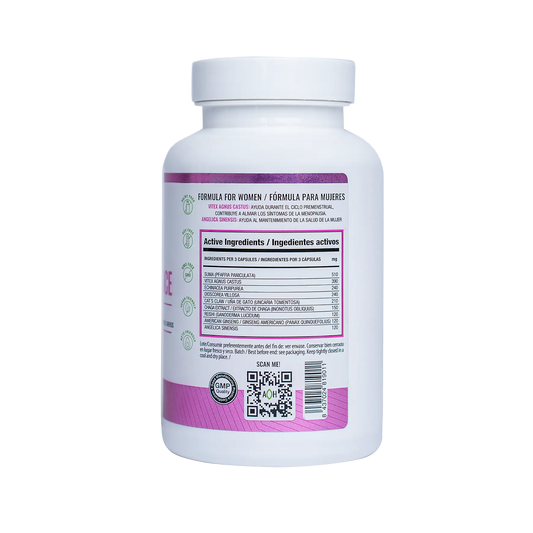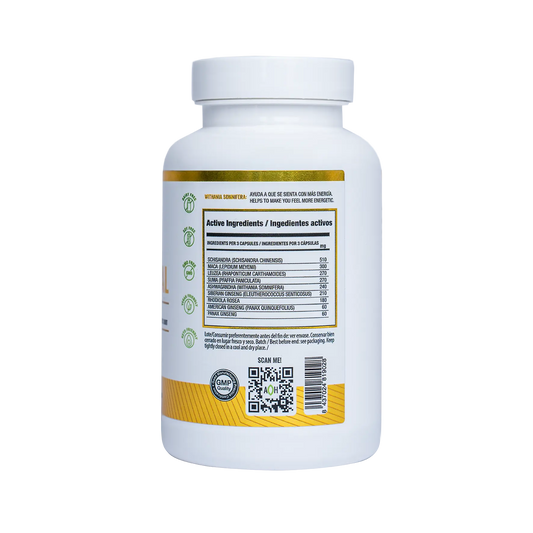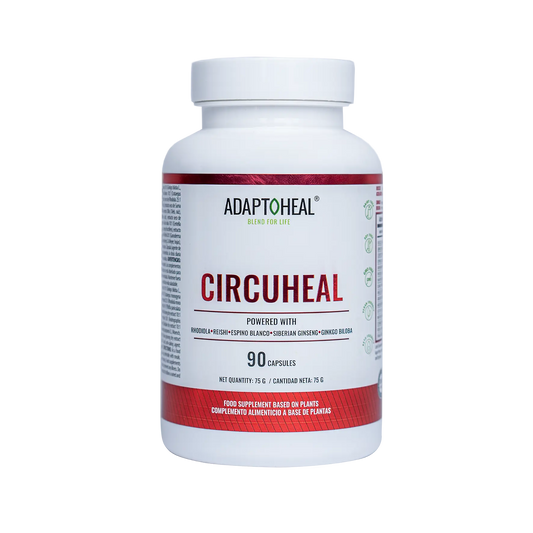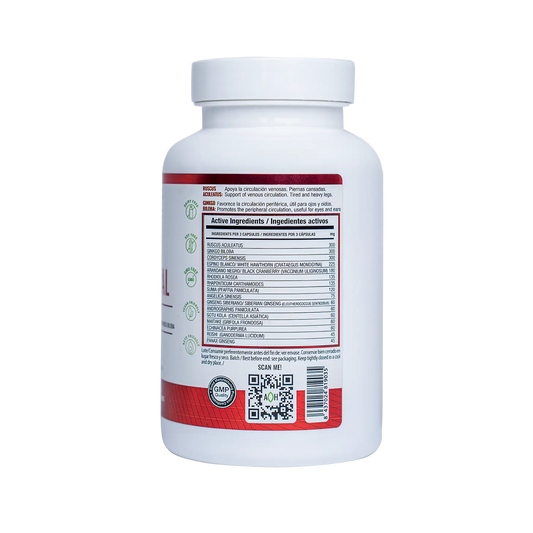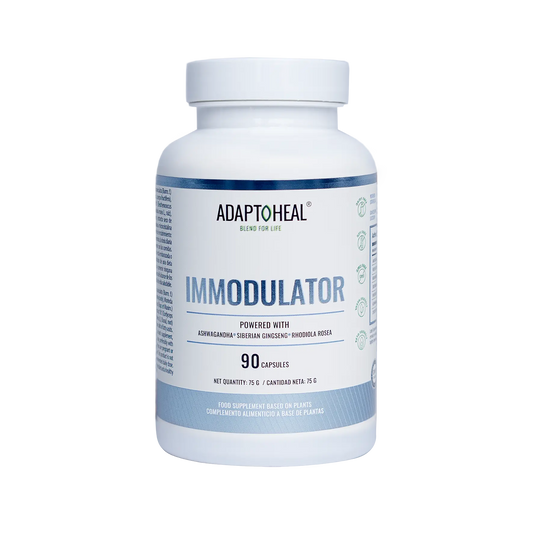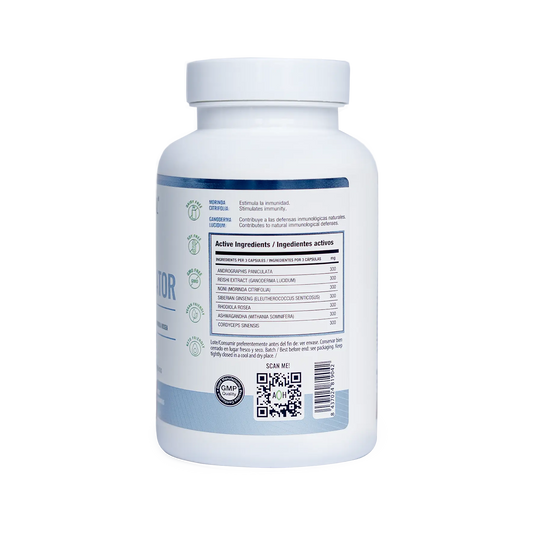Let's talk about anti-aging
In the constant pursuit of eternal youth and healthy living, adaptogens have emerged as a promising avenue toward improving overall health during the aging process. These powerful natural substances, with their unique and unusual properties, have captured the attention of scientists and health enthusiasts alike.
How does it exert its function in aging?
Adaptogens work their magic through a series of interconnected mechanisms of action. One of the most studied is its ability to modulate the hypothalamic-pituitary-adrenal (HHS) axis. This system is intimately involved in regulating responses to stress and aging. Adaptogens help balance stress hormones, such as cortisol, thereby reducing the negative impact of chronic stress on the body.
In addition, adaptogens also act on the immune system, optimizing its function and helping to prevent age-related weakening of the immune system. Some adaptogens have been shown to increase the production of key immune cells and improve response to infections.
Longevity and Telomeres
A fascinating and unusual connection between adaptogens and aging health lies in their influence on telomeres. Telomeres are the protective regions at the ends of chromosomes, and their length is considered an important marker of the cellular aging process. As cells divide, telomeres shorten, ultimately leading to cellular senescence.
Cognitive Capacity and Adaptogens
Another less common but intriguing aspect of the relationship between adaptogens and aging is their impact on cognitive ability. As we age, it is natural for our cognitive functions to gradually decline. However, certain adaptogens can be an ally in the fight against memory loss and cognitive decline associated with aging.
Additionally, some studies suggest that adaptogens may have neuroprotective properties, meaning they may help protect the brain against oxidative damage and inflammation, factors that contribute to cognitive decline.
Adaptogens and Sleep
Restful sleep is essential for overall health and the aging process. Chronic lack of sleep can accelerate aging and increase the risk of age-related diseases. In this context, certain adaptogens can play an important role in improving sleep quality.
